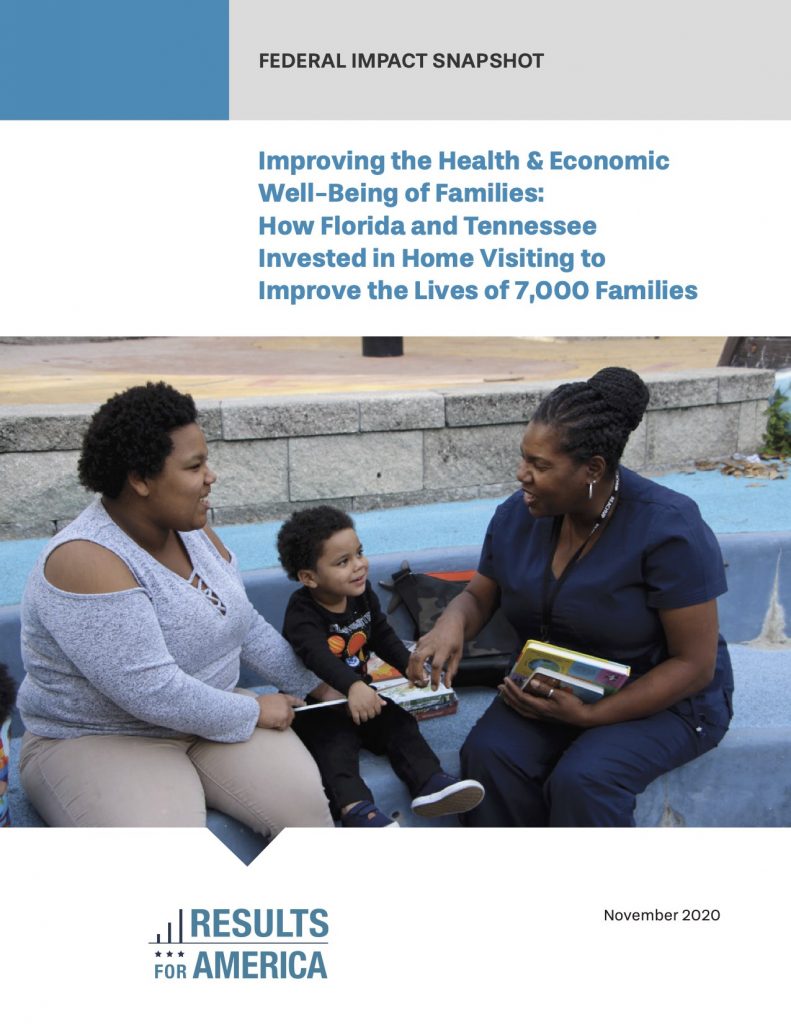 Each year, 380,000 children are born to first-time mothers living in poverty, many of whom are young, socially isolated and lack a high school diploma. Moreover, many pregnant women in the U.S. face multiple health risks including: heart disease, depression, intimate partner violence, substance use, inadequate nutrition, and even death.
Each year, 380,000 children are born to first-time mothers living in poverty, many of whom are young, socially isolated and lack a high school diploma. Moreover, many pregnant women in the U.S. face multiple health risks including: heart disease, depression, intimate partner violence, substance use, inadequate nutrition, and even death.
Even under normal circumstances, pregnant women and new mothers face major challenges such as lack of healthcare, employment and/or critical knowledge about raising a healthy child. During the COVID-19 health crisis, which has profoundly changed family life across the country, families face even more significant burdens such as illness, death of loved ones, job loss, and the disruption of critical support services, not to mention fear and anxiety. Low-income communities and communities of color have been disproportionately affected by the virus, so improving their health and economic well-being is key to recovery.
Governments have a moral imperative to fund programs that work to open opportunities for all families. Healthy families are more likely to pursue their education, secure well-paying jobs, engage with their communities, and utilize less public resources (e.g., emergency room visits or social services calls).
Fortunately, decades of research have shown that evidence-based home visiting programs – where trained professionals support expectant families during pregnancy and the child’s first few years – help families get started on the right foot. They improve maternal health, child health, and the economic self-sufficiency of their families.
And, luckily, a growing number of local, state, and federal government agencies are investing taxpayer dollars in evidence-based interventions – including evidence-based home-visiting solutions.
This Impact Snapshot tells the story of how the federal MIECHV program combined with state home visiting programs expanded the reach and impact of the evidence-based Nurse-Family Partnership (NFP) model, allowing it to serve more families. We spotlight Florida and Tennessee, but they are just two examples of how, all across the country, taxpayer dollars are increasingly being shifted toward evidence-based solutions like NFP.